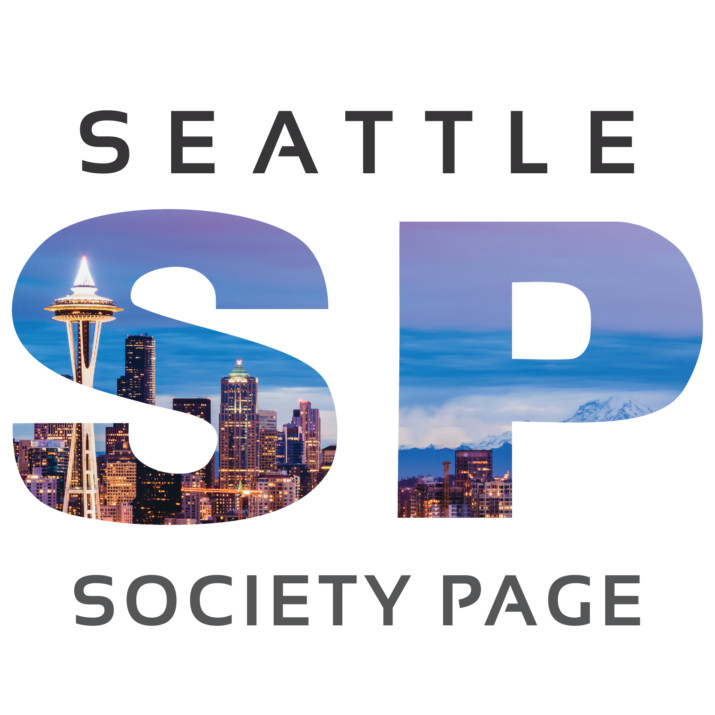Seattle, WA. The Asian Counseling and Referral Services, or commonly known as ACRS, is a non-profit organization based on Martin Luther King Jr. Way, in Seattle. The Covid-19 pandemic has not stopped this organization from providing health services, such as mental health and behavioral support and community-building activities and social events for the Asian-American, Pacific Islanders, and underserved immigrant and refugee communities in Seattle. The global pandemic has not hampered the organization’s operations, and yearly events, if anything, have made it as equally as accessible for social promotion and justice advocacy via their online social platforms and web streaming their events for others who could not join physically, could in a remote location.

ACRS has largely impacted the Asian-American and Pacific Islander community for almost 50 years. There are currently over 25 individuals on their Board of Directors.
ACRS, which has recently celebrated its 45th anniversary in celebrating the large network, foundation, and bond within the Asian community in Seattle, was founded in 1973. Wanting to bring social awareness and injustice to the inequities that the Asian-American and Pacific Islander communities in the Pacific North West have faced, to recount for years of mistreatment and misdiagnoses due to inability to understand these individuals on a cultural level, ACRS developed 14 programs. Their health services and programs include chemical dependency treatment, comprehensive mental health services, consultation and education for children and families, aging and adults services, and domestic violence batterers treatment. For communities that are struggling financially and economically, ACRS is connected with the local food bank to provide congregate meals and emergency feeding. The other services range from information and referral services that include a legal clinic, citizenship/immigration assistance, and civic engagement, and training services to prepare those seeking employment.

Going from walk-in takeaways, ACRS, in response to the Covid-19 pandemic now delivers hot meals, groceries, and other basic needs to families in the King County area.
So what’s currently happening at ACRS? Every year, for the past 31 years, ACRS holds the event “Walk For Rice” where participants register online and help raise funding for the ACRS’ Food Bank to provide enough culturally nostalgic, familiar foods, and hot ready-to-go meals for King County residents (immigrants, refugees, and other families who have been hit hard by the pandemic) for two months: April 5 – June 26th. However, since this year’s Walk For Rice event was conducted fully remote and virtual, ACRS has been able to strategize competently. Instead of their normal walk-in distribution, they have decided to do home deliveries (at a safe distance). Despite this large success, and the countless volunteers, helpers, and community partners, to keep maintaining such an efficient scale, ACRS is in need of more support from the community. As seen in the photo above and below.

ACRS volunteers and community partners helping out with the ACRS Food Bank.
In response to the Covid-19 pandemic, ACRS has not stunted their services. They have managed to continue providing countless and accessible support for those who need it (particularly consultation services) through an appointment-based system from 9 AM – 4 PM Mondays to Fridays to protect those immunocompromised, and for more immediate services, they have a hotline that can be contacted: Crisis Connections.
From Asian Counseling and Referral Services:
ACRS promotes social justice and the well-being and empowerment of Asian Americans and Pacific Islanders and other underserved communities – including immigrants, refugees, and American-born – by developing, providing and advocating for innovative, effective, and efficient community-based multilingual and multicultural services.
Our agency’s largely bilingual and bicultural staff of about 280 collectively speak 40 languages and dialects. ACRS staff, many of whom speak the same language and come from the same cultures as the people we serve, touch the lives of more than 35,000 people annually.Asian Counseling and Referral Service helps clients attain the highest levels of self-sufficiency in Western society while maintaining their cultural identities. In most cases, clients are served by professional staff who speak the same language and come from the same culture. ACRS provides programs and services listed below in a culturally appropriate setting in order to improve the lives of Asian Americans and Pacific Islanders, whether immigrant, refugee or native-born.









